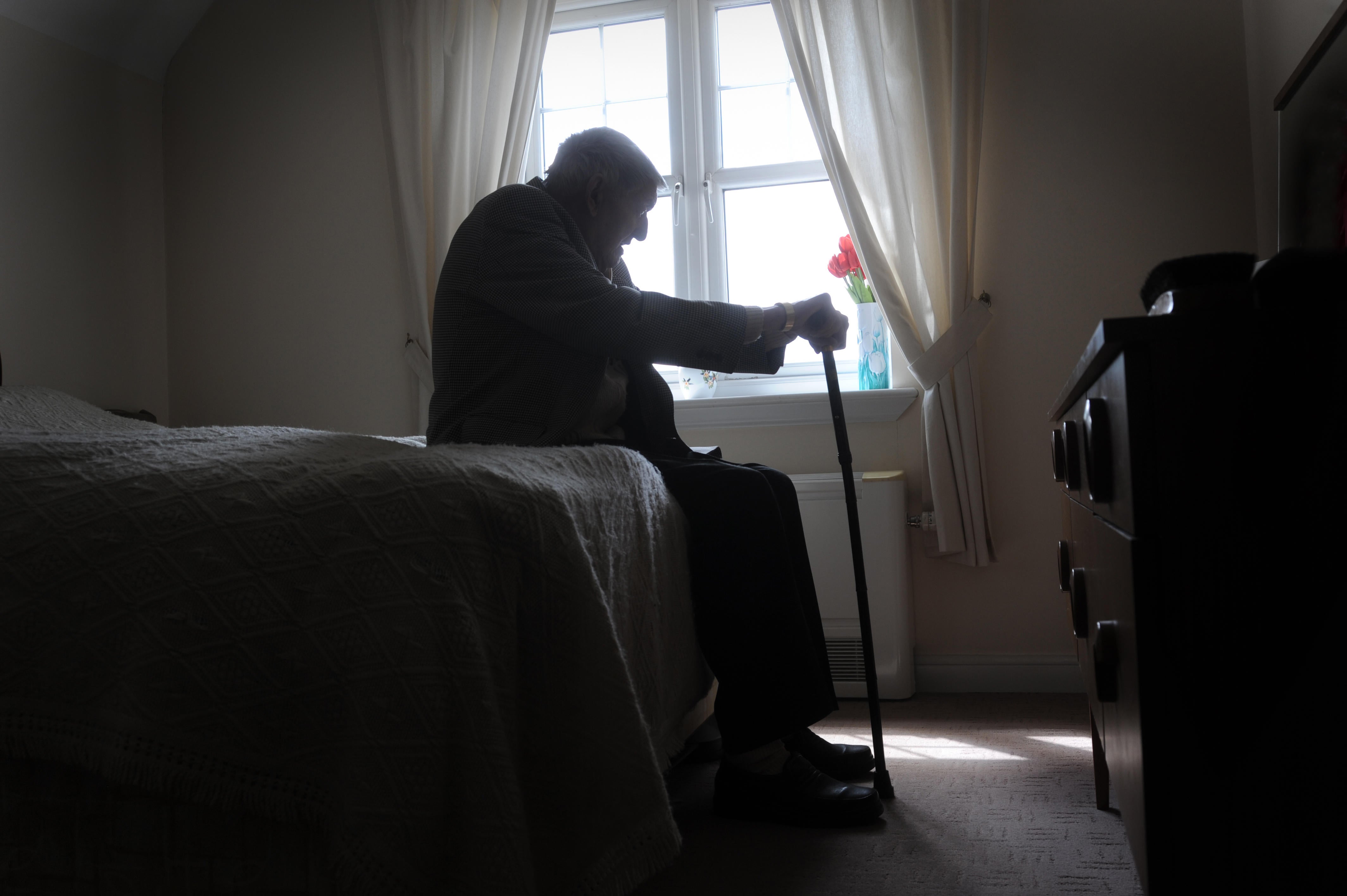Loneliness can raise dementia risk, new study suggests
Researchers studied the data of more than 500,000 participants

Loneliness can increase the risk of dementia, a new study has suggested.
Risk factors of Alzheimer’s disease and related dementias (ADRD) include smoking, excessive drinking, poor sleep and a lack of frequent exercise.
Researchers found that people with these habits had greater odds of being lonely and lacking social support.
While ADRDs can be caused by many unchangeable things, such as genetics, the study offers an easier way to reduce the risk of these neurological conditions.
By providing more social support and placing more preventative measures to prevent loneliness, people could avoid an ADRD diagnosis.
Researchers studied the data of 502,506 UK Biobank participants and 30,097 people in the Canadian Longitudinal Study of Aging.
Both studies asked participants about loneliness, frequency of social interaction and social support.
In the Canadian study, increased regular participation in physical exercise with other people was associated with a 20.1 per cent decrease in the odds of feeling lonely and a 26.9 per cent decrease in having poor social support.
Physical and mental health factors previously linked to ADRD, such as cardiovascular disease, vision or hearing impairment, diabetes and neurotic and depressive behaviours, were also associated with social isolation.
The UK data showed that a difficultly to hear when surrounded by background noise led to a 29 per cent increase in the odds of feeling lonely.
People struggling to hear also saw a 9.86 per cent increase in the odds of lacking social support.
The probability of feeling lonely and feeling unsupported was 3.7 and 1.4 times greater, respectively, as a function of a participant’ score for neuroticism.
Neuroticism is a personality trait used to describe someone who feels anxious, depressed and other negative feelings.
ADRDs are a growing public health crisis, with an annual global cost of more than $1 trillion US.
According to Alzheimer’s Research UK there are 944,000 people with dementia in the UK. This will increase to over one million by 2030 and over 1.6 million by 2050.
Kimia Shafighi (CORRECT), from McGill University, Canada, and lead author, said: “Given the uncertain impact of social distancing measures imposed by Covid-19, our findings underscore the importance of investigating the multiscale effect of social isolation to inform public health interventions for ADRD.”
This study was published in the journal PLoS ONE.
SWNS
Join our commenting forum
Join thought-provoking conversations, follow other Independent readers and see their replies
Comments
Bookmark popover
Removed from bookmarks